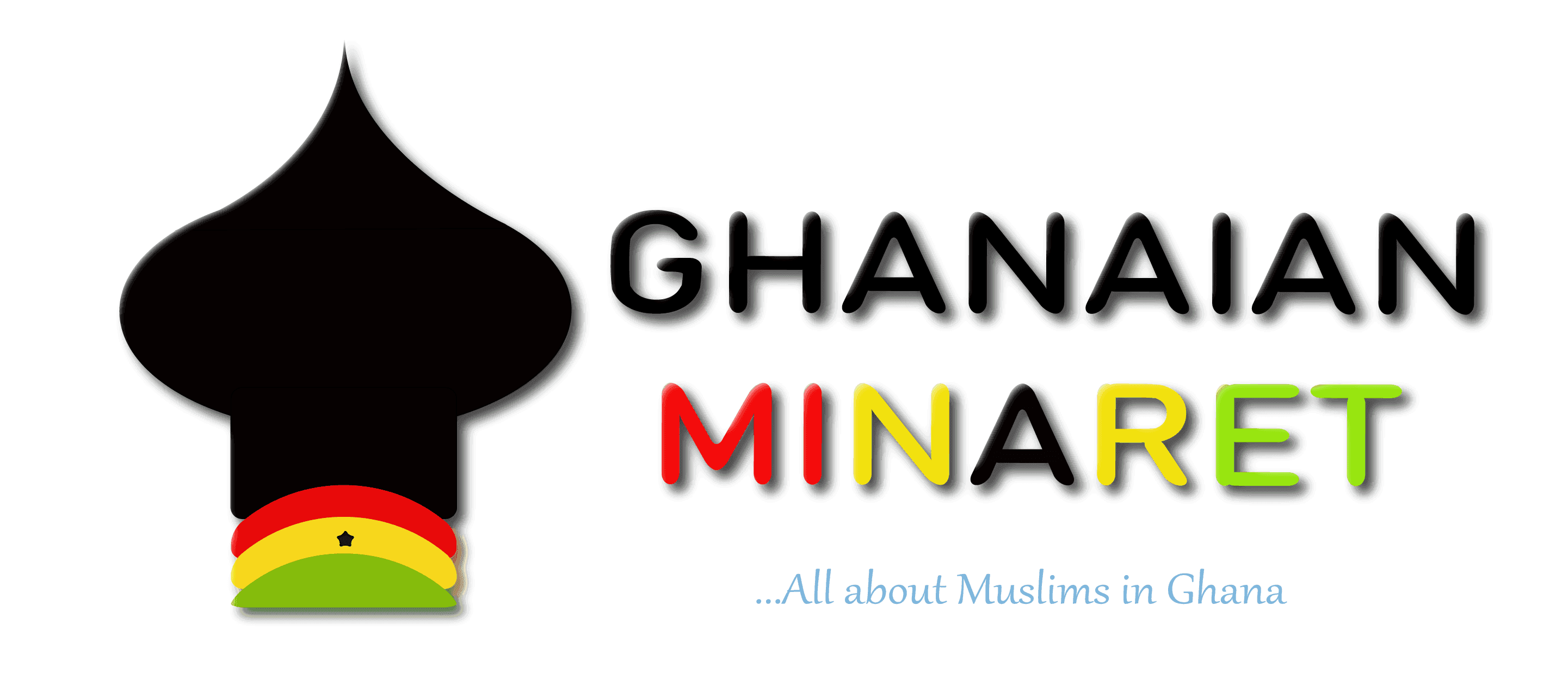Ghana’s Islamic banking and finance framework to be ready by December 2025

Accra: Ghana has made inroads towards the development of a comprehensive regulatory framework to guide the implementation of Islamic, also referred to as non-interest banking and finance (NIBF), in the country.
Jointly developed by the central bank, Securities and Exchange Commission, and National Insurance Commission, the framework expected to be completed by the end of the year covers non-interest banking, Sukuk bonds, and Takaful insurance.
Under the framework, Ghana is expected to raise and meet minimum capital requirements for Islamic finance operators, constitute a national Shariah advisory committee to ensure compliance and join the Islamic Financial Services Board (IFSB) in 2026.
This would allow Ghana to make innovative proposals like gold-backed Sukuk from Malaysian firm Masryef.
The move follows a working visit to Malaysia and Nigeria, where Ghana explored models for funding infrastructure gaps in energy, healthcare, and technology through Sukuk.
The NIBF operates in accordance with Islamic law (shariah), which prohibits excessive uncertainty and investments in industries like alcohol, gambling, and pork-related businesses.
Prof. John Gatsi, advisor to the BOG Governor on non-interest banking and finance, at a media workshop in July, said the initiative leverages Ghana’s improving economic footing (43 per cent debt-to-GDP and inflation trending above 12 per cent) to attract global investors.
Prof. Gatsi acknowledged past stalled efforts (2001-2012) but highlighted today’s coordinated approach and macroeconomic stability as game-changers.
“Ghana aims to create a competitive edge in Africa’s $100 billion Islamic finance market,” he added, noting its potential to fund transformative national projects.
With this framework, he said the government advances its vision to position Accra as the region’s ethical finance gateway.
So far, he said the central bank has undertaken extensive engagements with stakeholders, including academic institutions, including the Securities Exchange Commission and other professional bodies, to shape the formulation of the framework.
Additionally, the central bank had also held engagements with Nigerian banks and capital market players, saying, “Our target is to learn from Western, regional and Asian countries.”
Prof. Gatsi said, “The NIBF will soon create expanded banking, capital market, and insurance opportunities, including diversified sources of financing infrastructure and business development in Ghana.”
He stressed that the NIBF remained a commercial entity and contributed strategically to the economy, deepened financial inclusion, promoted the United Nations Sustainable Development Goals (SDGs) and promoted ethical obligation towards protection of the environment.
He said the introduction of the NIBF would greatly finance big infrastructure projects, improve socio-economic activities, increase economic growth and development, and thereby deepen financial inclusion and economies of scope.
That, he said, will promote risk sharing in financial transactions, support trade and export, and contribute successfully to the implementation of the government’s flagship 24-hour economy for sustainable growth and economic development.
Join our whatsapp channel for all the latest updates.
For news coverage, article publication, and advertisement, send an email to ghanaianminaret@gmail.com or reach us via whatsapp, telegram or phone call on +233266666773.

